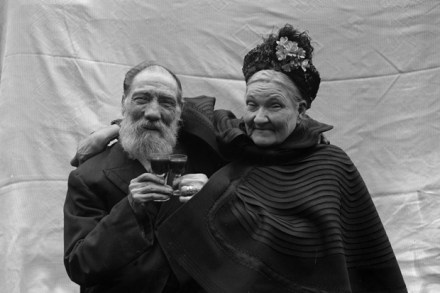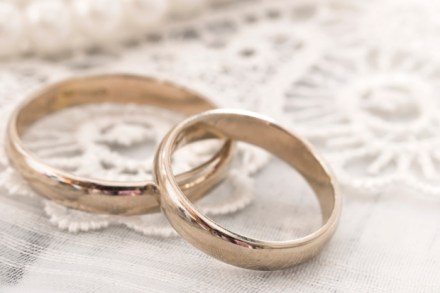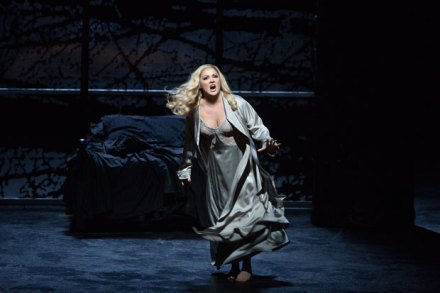The rise of ‘living apart together’ – and why I’ve stopped doing it
I’ve never lived with a man I didn’t marry: Tweedledee, 1979–1984, and Tweedledum, 1984–1995. (The names have been changed to irritate the pair of them.) So when I left my second union and moved to Brighton to chase the man who is now my third (and hopefully final) husband, I was keen to establish and keep separate households. I was quite pleased to find that not only was I having a blast seeing Daniel while maintaining a maverick social life (he didn’t want to be in a swimming pool full of drunken, shrieking girls’n’gays any more than I wanted to be in a room full of game-playing, beer-drinking men) but


















